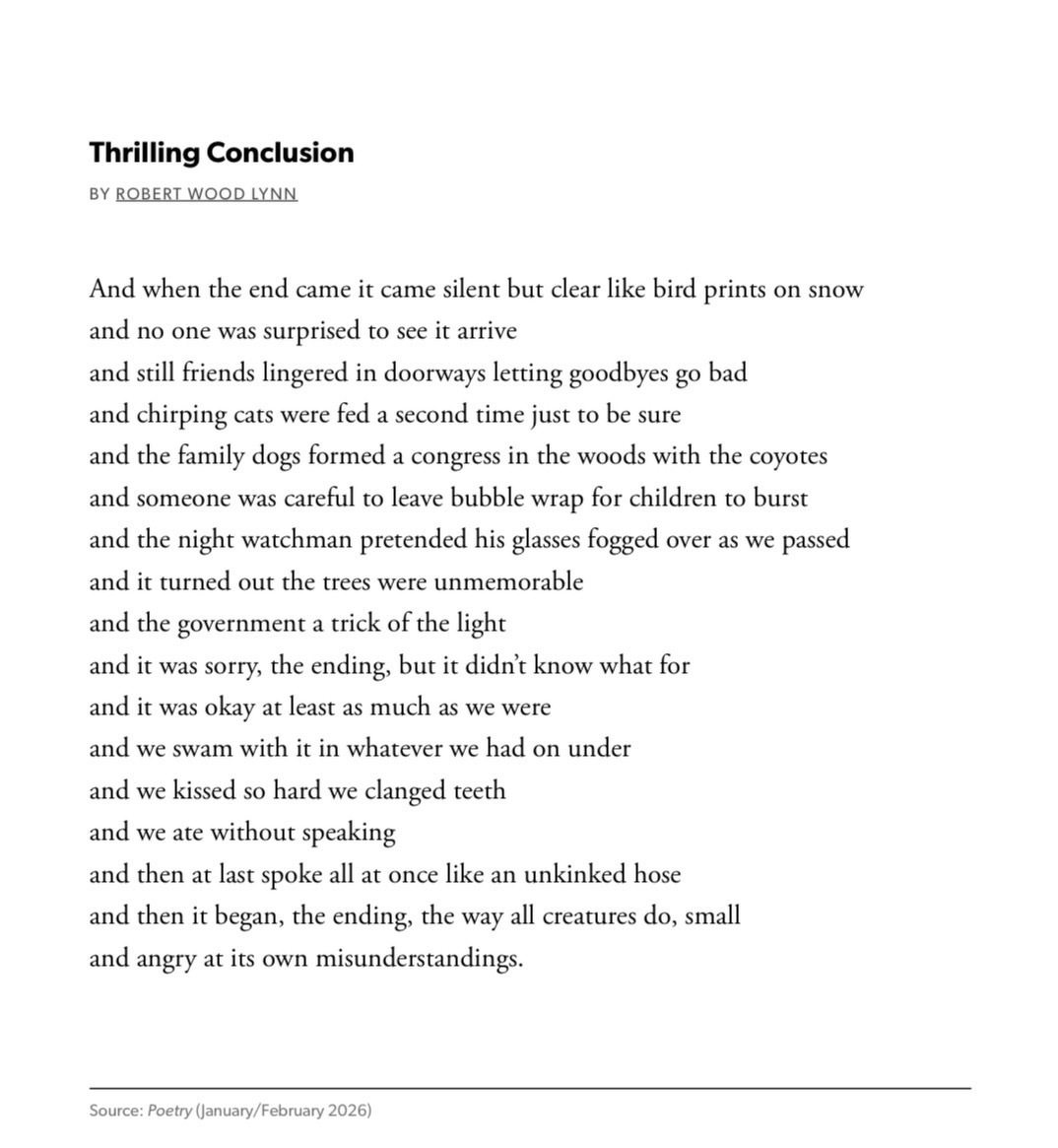Thrilling Conclusion by Robert Wood Lynn





Currently reading: Night Film by Marisha Pessl 📚

Finished reading: The Demon of Unrest by Erik Larson 📚

Currently reading: The Demon of Unrest by Erik Larson 📚

Finished reading: The Hangman’s Daughter by Oliver Pötzsch 📚

Currently reading: The Hangman’s Daughter by Oliver Pötzsch 📚

Finished reading: Bright, Precious Days by Jay McInerney 📚

Currently reading: Brightness Falls by Jay McInerney 📚

Finished reading: The Good Life by Jay McInerney 📚

Currently reading: The Good Life by Jay McInerney 📚

Finished reading: The Abstinence Teacher by Tom Perrotta 📚

Finished reading: The Abstinence Teacher by Tom Perrotta 📚

Finished reading: The Abstinence Teacher by Tom Perrotta 📚

Finished reading: The Abstinence Teacher by Tom Perrotta 📚

Currently reading: The Abstinence Teacher by Tom Perrotta 📚

Finished reading: The Unspeakable by Meghan Daum 📚

Finished reading: The Nickel Boys by Colson Whitehead 📚

Currently reading: The Nickel Boys by Colson Whitehead 📚

Finished reading: The Lover by Marguerite Duras 📚

Currently reading: The Lover by Marguerite Duras 📚

Finished reading: Colored Television (A GMA Book Club Pick) by Danzy Senna 📚

Finished reading: The Hard Crowd by Rachel Kushner 📚

Currently reading: The Hard Crowd by Rachel Kushner 📚
Happy Ostara, all you pagans.